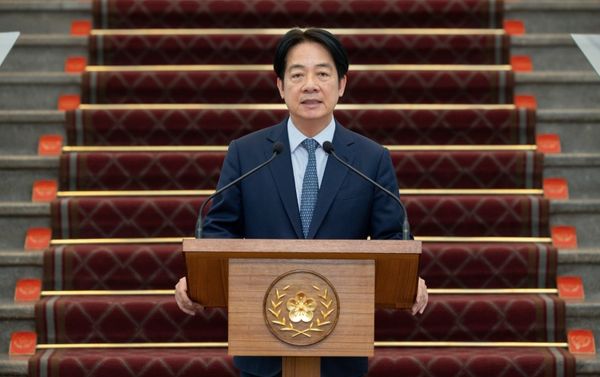
Iran's parliament has passed a new 'chastity and hijab' law, significantly tightening existing dress restrictions that have sparked nationwide protests and posed a challenge to regime stability. The law, approved by the Guardian Council, awaits the president's signature to come into effect.
The legislation introduces harsher penalties for hijab violations and improper dress by both men and women. It defines improper dress to include various violations such as nudity, immodest dressing, and incorrect hijab wearing. Women are prohibited from wearing tight clothes and outfits that expose certain body parts, while men face restrictions on exposing specific areas.
The law imposes fines, prison sentences, travel bans, and other restrictions for violations. Business owners failing to enforce the dress code may face financial penalties, prison sentences, and advertising restrictions. The legislation also regulates digital spaces, requiring social media platforms to monitor and remove inappropriate content.
One of the most controversial aspects of the law is expanded surveillance, utilizing traffic cameras and AI to track offenders. Citizens are encouraged to report violations, and influencers promoting improper dress may face fines and travel bans.
The bill's passage through a secretive process without open debate has raised concerns about Iran's political structure. President Masoud Pezeshkian, who opposes the law, faces limited options to stop it. His potential veto power is constrained, and any intervention would require approval from Supreme Leader Ayatollah Khamenei.
The law is set to be implemented soon, setting the stage for a power struggle between hardline conservative forces and the government. Pezeshkian's stance against compulsory hijab laws and the harsh dress codes reflects a broader societal debate on personal freedoms and government control.







